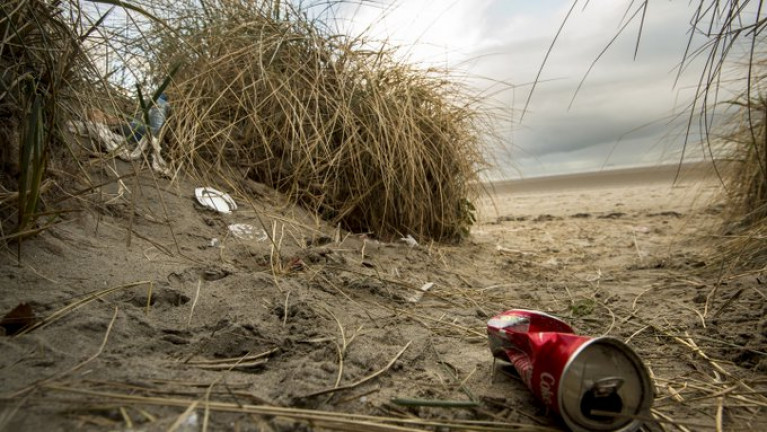Displaying items by tag: Against Litter
Fewer than half of the beaches and harbours in the State have been deemed clean, but the situation is getting better, according to an annual survey published by Irish Business Against Litter (IBAL).
Cork Harbour at Blackrock Castle and White Bay in Co. Cork were “heavily littered” and among the worst areas surveyed, while Salthill suffers from “overflowing litter bins” and dumped coffee cups, fast-food litter and sweet wrappers, clothing and plastics.
Beaches, harbours, rivers and their immediate environs were monitored by the Environmental Education Unit of An Taisce in June and July on behalf of IBAL, which last led a survey two years ago.
The beaches declare dclean were Brittas Bay, Curracloe, Lahinch, Clogherhead, Portmarnock and Strandhill, though Bundoran, Keel in Mayo and Dog’s Bay in Galway join Salthill on the littered list.
The seafront in Bray was praised by the inspectors, as was Kilmore Quay in Wexford and Dún Laoghaire, but Kinsale, Bantry and Castletownbere harbours in Co. Cork failed to make the grade.
In all, just 40 per cent of 32 coastal areas surveyed were deemed clean to “European norms”, but this is an improvement on the survey results two years ago when just 16 per cent passed the European test.
Further reading from The Irish Times.






























































